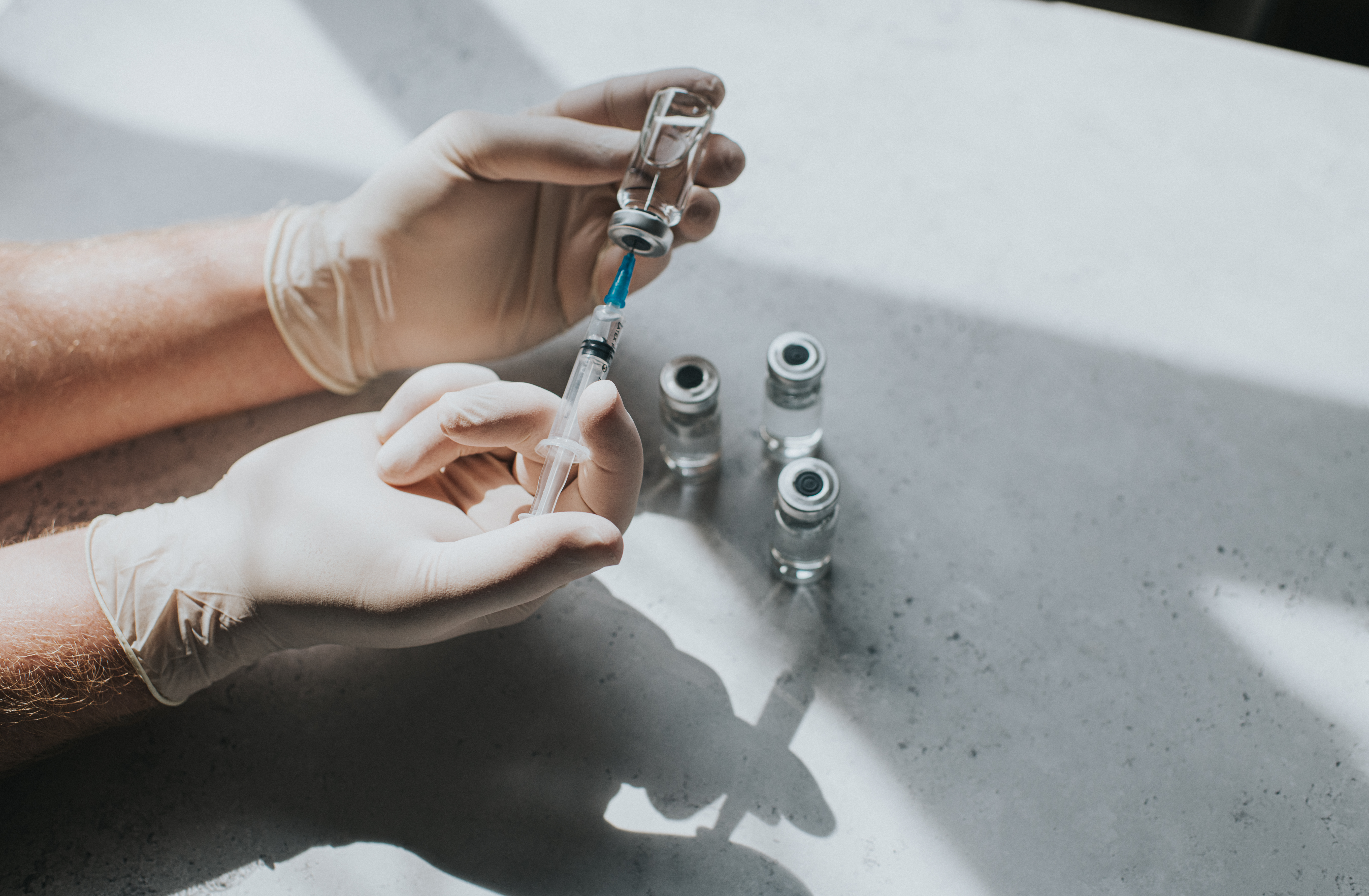FDA approval was recently granted to a drug that may make preparation for a colonoscopy a little easier. The pills, called OsmoPrep, replace the four liters of solution usually given to patients to clean out their colon before the cancer screening.
Some experts believe that this approval, and the option of taking 32 pills instead of drinking almost a gallon of a foul-tasting liquid, called polyethylene glycol, will help to encourage more people to get routine colonoscopies—an effective tool in diagnosing colorectal cancers.
"We believe OsmoPrep provides a more desirable alternative for physicians and patients who would prefer a virtually tasteless tablet over a difficult-to-tolerate liquid," said Bill Forbes, vice president, research and development of Salix Pharmaceuticals, the manufacturer of the drug.
While FDA studies on 700 patients showed only minor side effects of nausea, bloating, dizziness and abdominal pain, some experts are concerned about the potential for kidney damage while using this little pill.
OsmoPrep, along with some other alternatives to the liquid preparation, contains sodium phosphate. This compound works by pulling large amounts of water into the bowel, flushing it clean. This mechanism is both the reason OsmoPrep is so effective in cleansing the colon and also why it may cause serious side effects. After absorbing so much water from the body into colon, sodium phosphate solutions often leave patients severely dehydrated. If patients don't drink a lot of clear fluids to replenish their bodies, severe kidney damage can result.
In one study, published in the Journal of the American Society of Nephrology, researchers found that out of 7,349 patients who used a sodium phosphate solution (not OsmoPrep specifically), 21 patients suffered from serious kidney damage.
But even with the potential for this serious side effect, some experts are simply urging doctors to use more caution when prescribing OsmoPrep to their patients. This may include not prescribing the drug to patients with kidney disease or patients with electrolyte abnormalities and monitoring patients who do use the drug more closely for dehydration, wrote Dr. Douglas K. Rex in Journal Watch Gastroenterology.
Health
"Certainly, sodium phosphate is a more effective bowel preparation than is polyethylene glycol," he said.



